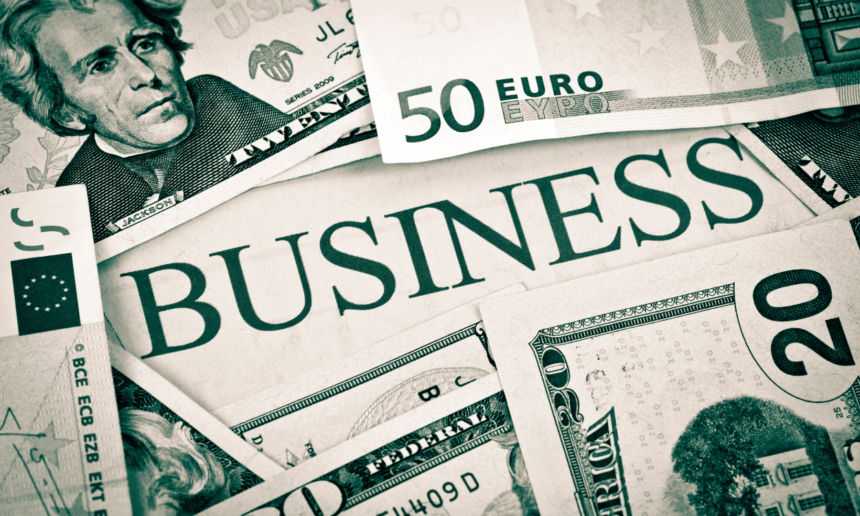A recent court session has spurred fresh debate regarding Chrome’s market valuation, as statements from industry figures stirred discussion on potential outcomes if Google (NASDAQ:GOOGL) were compelled to separate its browser business. Observers note that the claims and detailed testimonies could influence future remedies in ongoing antitrust scrutiny, adding new dimensions to this evolving issue.
How Do Market Analysts View the Valuation?
What Are the Implications for Major Tech Firms?
Reports indicate that during the ongoing antitrust trial, competing executive Gabriel Weinberg of DuckDuckGo testified that Chrome might fetch up to $50 billion if spun off.
“If Google were ordered to divest Chrome, its value could reach as much as $50 billion,” Gabriel Weinberg told the court.
His assessment, based on the product’s extensive user base, contrasts with earlier estimates from some market analysts, highlighting significant differences in valuation methods.
Earlier published figures offered a valuation around $20 billion for Chrome, illustrating a notable divergence from the recent $50 billion figure. This discrepancy in assessments has been noted by industry analysts and remains under review as the trial examines Google’s dominance in the search engine market.
Additional courtroom testimony provided further context as experts discussed Google’s refusal to cooperate with proposals that could have enhanced integration between its browser and other services. OpenAI’s Head of Product emphasized that deeper integration might improve products such as ChatGPT.
Nick Turley of OpenAI stated, “A more integrated Chrome would allow us to introduce an AI-first experience,” during his testimony.
Details from court proceedings also noted that negotiations for partnerships involving ChatGPT were previously pursued with Google but ultimately declined. The trial, overseen by U.S. District Judge Amit Mehta, continues to review potential remedies following allegations of monopoly practices in the search market.
The information differs from earlier reports where valuation estimates did not reach as high as $50 billion, reflecting evolving perceptions of technology value in antitrust contexts. The court’s inquiry into potential structural remedies suggests that future market dynamics could shift significantly.
Careful analysis of these developments signals that both regulatory actions and strategic partnerships may shape the competitive landscape. Evaluating multiple expert viewpoints offers insights that could assist stakeholders in understanding the implications for technology valuation and regulatory policies.










